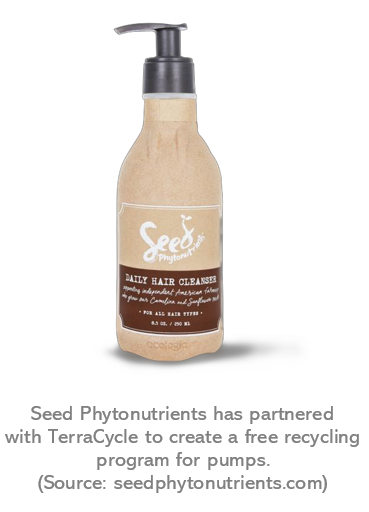Corporate Responsibility
Beauty ethics 11th November 2019
By Hwa Jun Lee, Senior Beauty and Personal Care Analyst at Mintel
Hwa Jun Lee, Senior Beauty and Personal Care Analyst at Mintel, explains the importance of conscientious beauty to modern consumer
Hwa Jun Lee, Senior Beauty and Personal Care Analyst at Mintel, explains the importance of conscientious beauty to modern consumers, and how cosmetics ingredients suppliers can keep up with this new age set of rules.
Social change is taking place on an ethical level, and the beauty industry is having to comply with a new age set of rules. Most importantly, cosmetics ingredients suppliers need to understand the ethical demands from today’s consumers, and exactly what is meant by an ‘ethical formulation’. At in-cosmetics Asia 2019, Hwa Jun Lee, Senior Beauty and Personal Care Analyst at Mintel, spoke to Sarah Harding, PhD, about beauty ethics, and how this is affecting the speciality chemicals sector.
Q: What is driving the demand for ‘beauty ethics’?
The rising concerns among consumers with regards to chemical substances used in beauty products, increasing interest in animal welfare, and the growing environmental issues seen globally have all led to the rise in demand for ethical beauty products.
Q: What exactly are today’s ethical consumers demanding from their beauty products?
The ethical demand among consumers spans across all processes including ingredient sourcing, manufacturing, retailing, used product recycling and a brand’s social responsibility. Brands now need to show ethics in each step of the process throughout a product’s lifecycle.
Q: How do you define an ‘ethical formulation’?
Ingredient sourcing from a sustainable resource, cruelty-free, and free from chemicals can build a strong foundation for ethical formulation. Environmentally friendly manufacturing processes like reducing energy and water consumption will support this.

Q: Can you give us some recent examples?
L’Oréal has recently launched Seed Phytonutrients, an entirely new sustainable brand. It uses sustainable packaging which includes shower-friendly paper bottles which are made from 100% post-consumer recycled paper with a post-consumer recycled plastic liner. Furthermore, Seed Phytonutrients has partnered with TerraCycle to create a free recycling program for pumps (Figure 1).
Q: How can speciality chemical manufacturers ensure that they meet these demands?
More and more consumers will demand transparency in processes, so brands and companies will need to be prepared to provide information regarding sourcing and the manufacturing process; especially when it comes to chemicals used in products.
Q: Are ethics now more important than price? Will consumers pay more for ethical beauty?
According to Mintel research, almost half of US consumers say that they would pay more for a product from a socially responsible company. This trend will become mainstream in the future and ethical beauty will be an essential claim in all beauty products.
Q: Do you foresee a time when all beauty will be ethical beauty?
Social change is taking place on an ethical level, and beauty must comply with a new age set of rules. We are seeing strong demand from younger consumers and ethical beauty will be mainstreaming in the near future. But there will be a difference in terms of what ethical beauty will mean to consumers in different regions. For example, the vegan beauty trend in Asia is relatively smaller when compared to the western market, however, the fast growth of vegan beauty in Asia is remarkable.
Interview with:
Hwa Jun Lee, Senior Beauty and Personal Care Analyst at Mintel Information Consulting Korea, KG Tower 8F, Teheran-ro 5 gil 7 373, Gangnam gu, Seoul, South Korea
T: +82 (2) 554 7833



